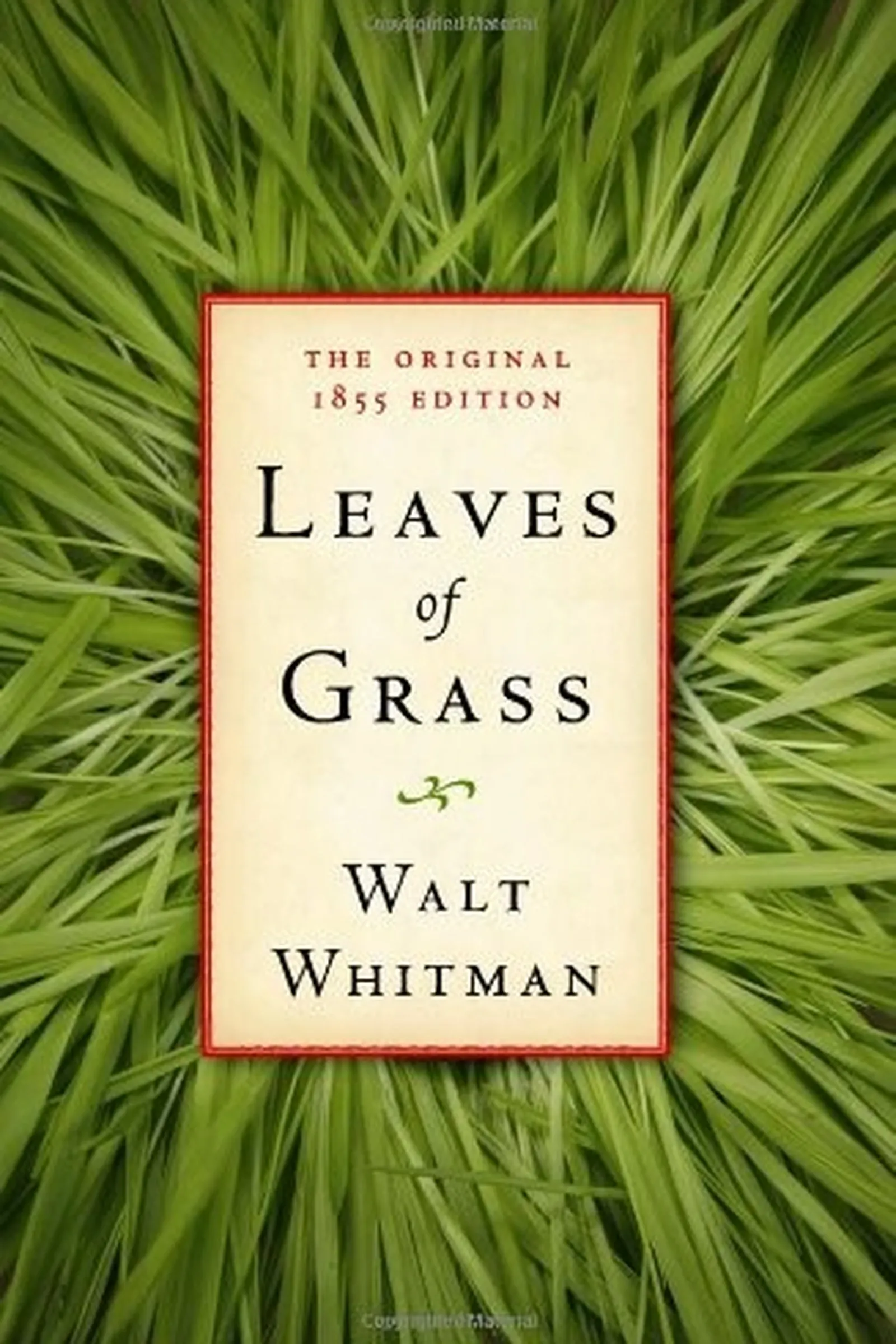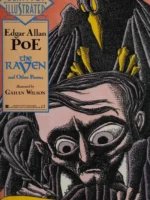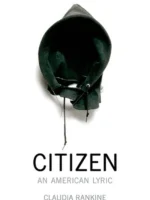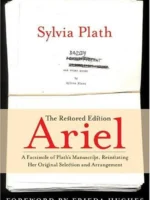Leaves of Grass, Walt Whitman, 1855
- Author: Walt Whitman
- Genre: Poetry
- Publisher: Library of America
- Publication Year: 1855
- Pages: 560
- Format: Paperback
- Language: English
- ISBN: 978-0140421996
- Rating: 4,1 ★★★★☆
Leaves of Grass Review
Leaves of Grass by Walt Whitman is an open heart written as an open field. First published in 1855 and revised for decades, it celebrates the body, the crowd, and the quiet shore at sunrise. For you, this book offers a democratic music: a voice that greets every reader as equal and invites you to breathe bigger. It is sensual, expansive, and stubbornly hopeful about America and the self.
Overview
Whitman writes in long, free lines that feel like walking and talking at once. He fuses the sacred with the ordinary: a carpenter at work, a ferry crossing, blades of grass as a scripture you can hold. You will notice catalogs that accumulate detail until they turn into praise. The poems feel less like rooms and more like paths that keep going.
Summary
The collection moves through identity, labor, sex, war, and death while returning to an anchoring joy in being alive. Song of Myself frames the self as porous: I contain multitudes. Crossing Brooklyn Ferry connects strangers across time. Drum Taps mourns and honors the Civil War. When Lilacs Last in the Dooryard Bloomed elegizes Lincoln with quiet tenderness. The arc is discovery: the self expands, suffers, and still chooses to sing.
Author
Walt Whitman worked as a printer, teacher, journalist, and nurse. His voice is intimate and public at once. You benefit from his refusal to shrink: he writes to include, not exclude.
Key Themes
You will explore the body as holy subject. You will see democracy as a daily practice. You will meet eros and affection without apology. You will consider death as companion that clarifies life. You will encounter nature as teacher and mirror.
Strengths and Weaknesses
Strengths: a generous voice, living imagery, and a rhythm that feels like breath. Weaknesses: long lists can blur for readers who prefer tight lyric, and some historical optimism rings against modern ears. Overall: a foundational book that still sounds new.
Target Audience
This collection suits readers who enjoy free verse, big vision, and poetry that feels like conversation. It works for students of American literature and for anyone wanting a text that enlarges the day.
Favorite Quotes
Short lines stand out: I am large; I contain multitudes; I sound my barbaric yawp; every atom belonging to me as good belongs to you.
Takeaways
For you, the key takeaway is permission: to speak plainly, to embrace the body, to greet strangers as kin. The poem becomes a practice of seeing widely and loving what you see.
| pa_author | Walt Whitman |
|---|---|
| ISBN | 978-7-618-55741-7 |
| pa_year | 1984 |
| Pages | 597 |
| Language | English |






